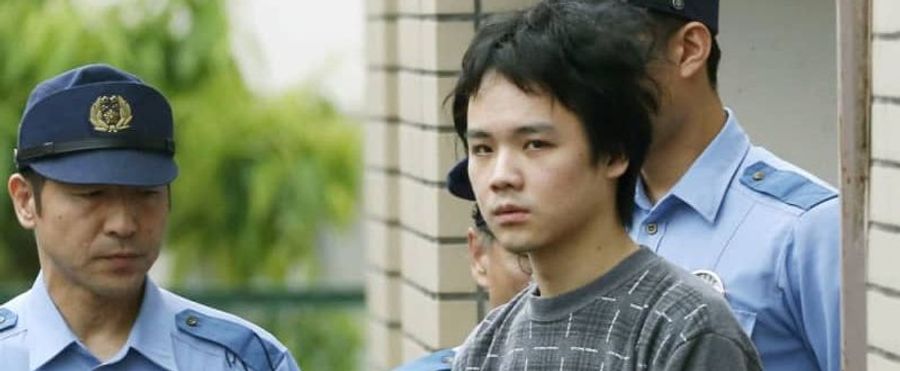A high-profile case in Japan has resurfaced, involving an individual appealing for innocence from prison for the murder of a first-grade student in Tochigi. The case, which has previously led to a conviction, is now under reconsideration amid claims of wrongful conviction. The details around the re-examination process and implications for the convict have not yet been reported. This case prompts renewed discussions about the effectiveness and accuracy of Japan's judicial system.
In Japan, such cases typically ignite heated public debates about the justice system and the accuracy of verdicts. Strict law enforcement and a high conviction rate enhance public trust in the system, but they also fuel concerns over the possibility of wrongful convictions. The cultural value of 'saving face' sometimes discourages open discussion about systemic issues.
In contrast, in the US or EU, a heavy emphasis is placed on safeguarding the rights of the accused, with a presumption of innocence until proven guilty. High-profile cases of potential wrongful conviction often result in highly publicized retrials. While some wrongful convictions occur, they are seen as system failures rather than the norm.

